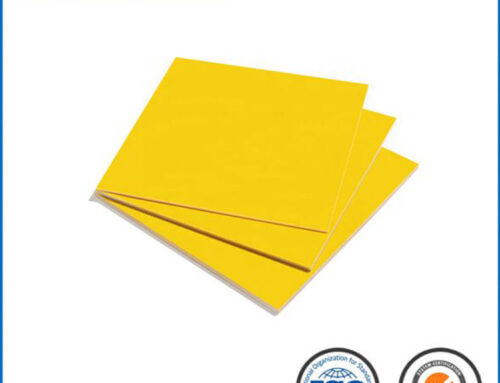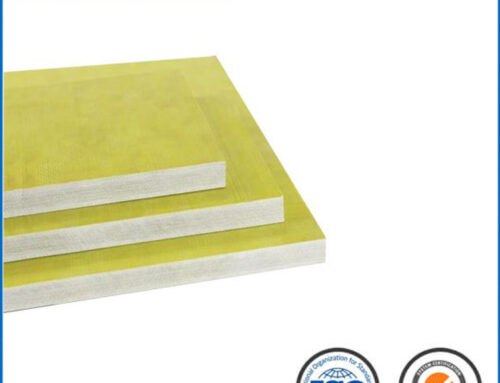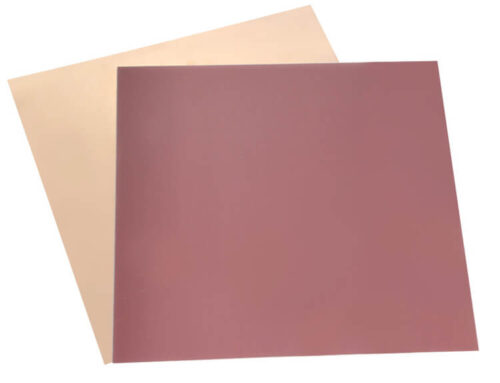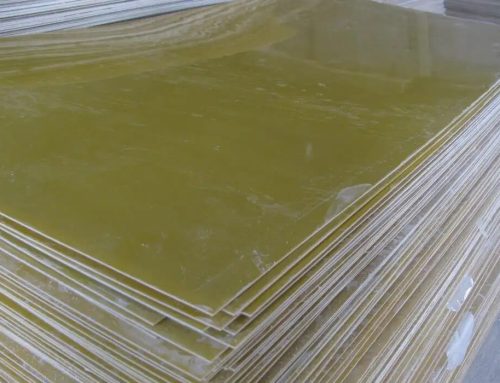Epoxy G11, a cutting-edge composite material, holds a unique position in the realm of engineered laminates. This article delves into the properties and applications of it, uncovering its advanced characteristics and the diverse fields where its resilience and strength are harnessed. From electrical insulation to high-performance components, it stands as a testament to the capabilities of modern composite materials.
1. Composition of Epoxy G11: Crafting Resilience
Fiberglass Reinforcement:
It is composed of a fiberglass reinforcement embedded within an epoxy resin matrix.
The combination of fiberglass and epoxy imparts enhanced mechanical strength and resilience to the composite.
Advanced Epoxy Resin:
The epoxy resin in G11 is chosen for its advanced properties, providing excellent adhesion and resistance to environmental factors.
This composition creates a material that excels in both mechanical and electrical applications.
2. Mechanical Strength: Unraveling the Robust Nature
High Impact Resistance:
Epoxy G11 exhibits high impact resistance, making it suitable for applications where the material may experience mechanical stresses or vibrations.
This property ensures the material’s longevity in challenging environments.
Tensile and Compressive Strength:
The composite’s tensile and compressive strength contribute to its versatility in various engineering applications.
Epoxy G11 maintains structural integrity under both tensile and compressive forces.
3. Electrical Insulation Properties: Precision in Every Application
Exceptional Dielectric Strength:
Epoxy G11 possesses exceptional dielectric strength, making it an ideal choice for electrical insulation applications.
The material ensures reliable performance in situations where maintaining electrical integrity is paramount.
Transformer Components:
In the electrical industry, Epoxy G11 is often used in the production of transformer components.
The material’s electrical insulation properties contribute to the efficiency and reliability of transformers.
4. High-Temperature Performance: Endurance in Extreme Conditions
Thermal Stability:
Epoxy G11 exhibits remarkable thermal stability, allowing it to endure high temperatures without compromising its structural integrity.
This property makes it suitable for applications in environments with elevated temperatures.
Aerospace Components:
Epoxy G11 finds applications in aerospace engineering, where high-temperature performance is crucial.
The material contributes to the development of lightweight yet resilient components for aircraft and spacecraft.
5. Machinability and Customization: Precision Engineering Solutions
Precision Machining:
Epoxy G11’s machinability allows for the production of precision-engineered components.
The material can be tailored to meet specific design requirements, offering flexibility in manufacturing.
Custom Engineered Parts:
Epoxy G11 is used to fabricate custom parts for diverse engineering applications.
Its ability to be customized makes it a preferred choice for precision-engineered solutions.
Conclusion: Epoxy G11 – A Pioneer in Resilient Composite Technology
As Epoxy G11 is unveiled, its advanced characteristics position it as a pioneer in resilient composite technology. From electrical insulation to aerospace engineering, this composite material showcases versatility and strength across a spectrum of applications. In a world where materials must meet demanding requirements, Epoxy G11 stands as a reliable solution, offering a blend of resilience, electrical insulation, and high-temperature performance that elevates its role in modern engineering and manufacturing.
More:




